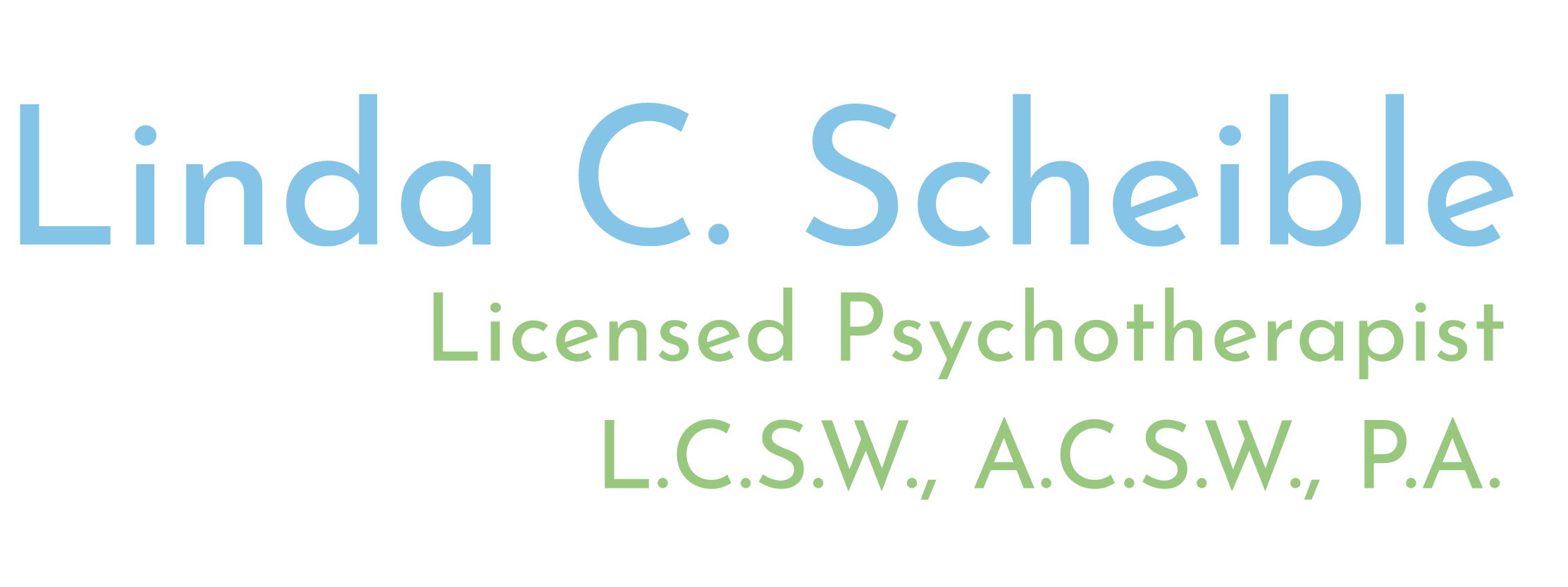
The only place to bury a good dog is in the heart of his master.
-Ben Hur Lampman
Losing a cherished pet can be an emotionally devastating experience. Pet loss can hurt as much as losing a family member and impair our emotional and physical health. You may feel “out of sorts” and have difficulty coping with your “new normal.” Your grief of losing “your best friend” is just as valid as losing a person. Others who have never experienced the special pet/owner bond may not understand your grief. For some people losing their pet can cause more intense grief than losing a friend or family member. Many who live alone consider their pet to be their closest family member. Pets have a loyalty that is unsurpassed and their love is completely unconditional. Some people have a deeper bond with our pets than with other people in their lives and that is not unusual and understandable. Your pet loss grief can be just as intense as other forms of grief.
Losing a pet doesn’t just cause a broken heart but it elicits real grief reactions. Grief is painful and everyone’s timetable is not the same. It is also a sign that you shared a deep, sacred love with your pet. Grief is the price we pay for loving deeply. Some pet owners experience a loss in aspects of their identity. For example pets are more likely to be known in their neighborhood by the pet’s name than by the owner’s name. Caretaking for others whether human or animal, has been proven to improve mood, increase self esteem & increase feelings of well being and purpose. When people no longer have a pet to care for they lose a source of emotional self care as well. Losing a pet disrupts established routines centered around the pet that gave your actions meaning. Your house may seem much quieter and void of movement and happiness. You may think for a brief second that you heard or saw your pet. That is normal. Your brain is adjusting that your pet is no longer with you and relearning a life without your pet.
If this sounds like you:
- You feel lonely or depressed due to the loss of your pet
- You can’t seem to cope with the finality of losing your beloved companion
- You feel guilty or anxious about having to euthanize your pet, or about the circumstances surrounding their illness or death
- Certain activities or particular areas of your home are a constant and painful reminder of your loss
- You want to find a way to move past the sorrow and grief so you can remember and honor your pet with fondness and love
INDIVIDUAL THERAPY WITH A LICENSED PSYCHOTHERAPIST CAN HELP
It is my belief that all pets function as “therapy” animals. Whether or not they have been trained to do so or not pets provide owners many “therapeutic” benefits. Their mere presence provides companionship, reduces loneliness and depression and eases anxiety. When we lose our pets we lose a significant, and often vital, source of support and comfort. Whenever you are personally ready to move on and love another pet is the time that you are ready. Period. The right time is when you decide is the right time regardless of what well meaning advice others may give you.
Consider talking to a Psychotherapist that specializes in Grief and Pet Loss. I have been a loving canine mom to many very special and cherished dogs over the years and not only am I trained in treating these issues but my family and I have experienced multiple losses throughout the years. It is never easy but I believe it is especially helpful to talk to a professional who has been through it more than once and understands and respects the grief process involved. When the death of a pet is sudden and unexpected it is even more important to seek out speaking with a professional. Grief is not easy even when it is an anticipated death of a pet who has come to the timely end of old age but can be more difficult when the loss is abrupt and unexpected. Tragic pet losses can leave a profound impact on grieving pet lovers causing unjust guilt and blame. Speaking with a Psychotherapist can be cathartic and healing.
If you’re struggling to cope with the loss of a pet, I can help you get through this difficult time and find healing along the way.
Let’s schedule a time to talk.
